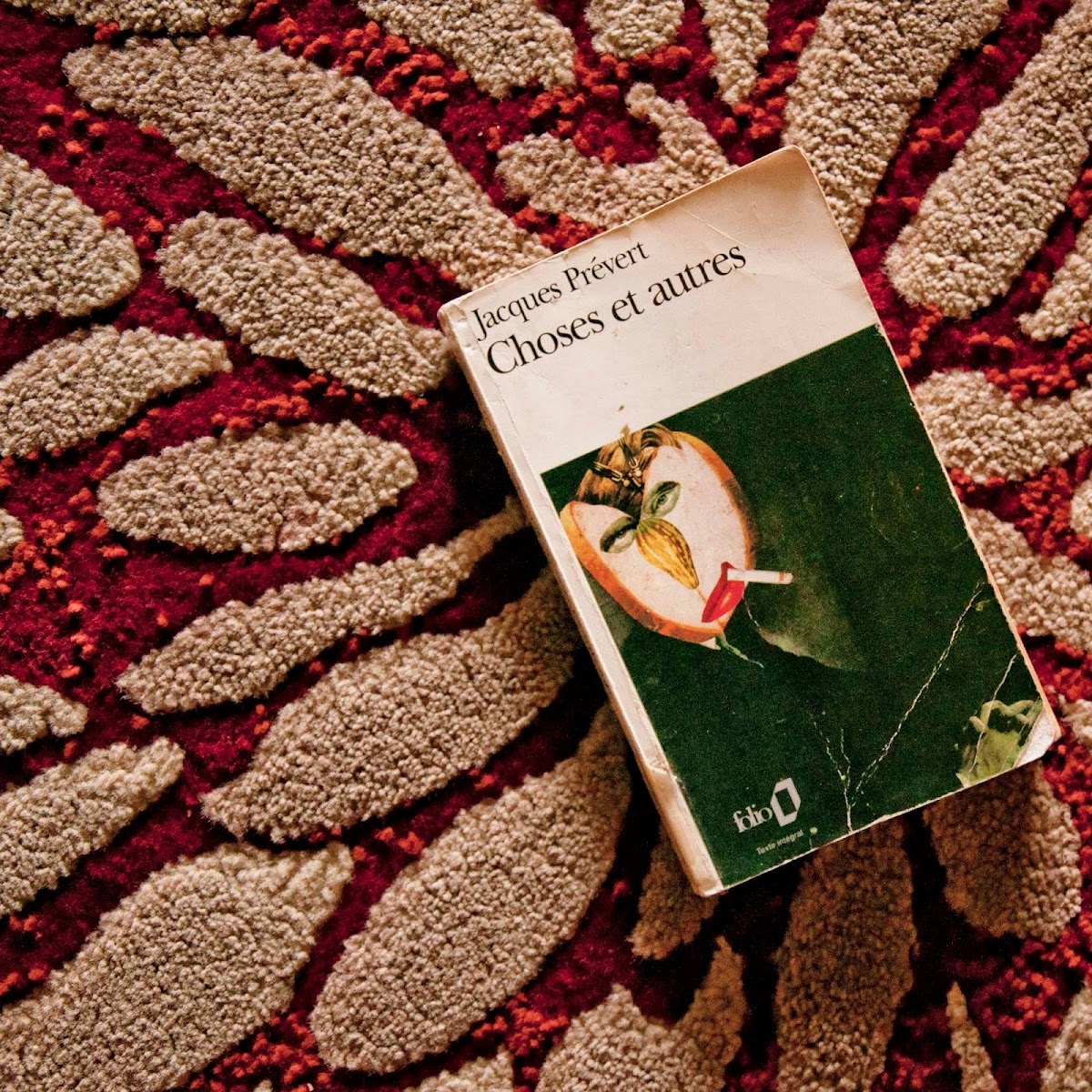Having tried and failed in the past, owing mostly to poor self-discipline, I keep a foot with those who say it is not easy to learn a new language on your own. But having also persisted through to make a considerable progress in picking up a foreign language, my other foot is with those who say it is not impossible to learn a language on your own because there are several fun ways to do so these days. For it is because of these fun avenues that I have been able to take my French lessons seriously for over a year now. Through language learning apps like Duolingo, YouTube videos like Comme Une Française TV and Learn French with Alexa; watching French movies and listening to French music as well as following the exercises in a used copy of French: A Self-Teaching Guide, I have been making good progress in understanding how to speak, write and read in French. And now I want to try another method to help advance my literacy: I will be translating here on the blog some poems by the surrealist poet, Jacques Prévert, from his book, Choses et autres (things and others).
Why Prévert and Choses et autres? 1) Because it offers a good opportunity to learn more about surrealism; 2) It appears manageable; and 3) Because it is my very first French book––that isn’t a textbook––and it came to me in an interesting way. Here’s the story: I went to the library to find some French books to practice my reading and found Choses et autres. It looked interesting and didn’t give off any hair-pulling threats so I tried to borrow it through self-check but was unable to and had to take it to the librarian. I was then informed the book was somehow no longer in the library system and could no longer be borrowed. But after conversing for a bit––Librarian: “Do you really want this book?” Me: “Yes I really need it.”––and waiting for a bit, the librarian offered the book to me to keep forever for free. I could not say enough words of thanks and brought the copy home.
Now, how confident am I about producing a good translation of Prévert’s words? The answer is not very confident, but I do intend to give it my best. Translation is not easy. It is not merely about language, it requires an understanding of culture as well. And even when one fully understand the language and culture they are trying to translate, it is still not a simple task because sometimes the nuances cannot be successfully translated because the genuine context of the original work is absent from the language and or culture it is being translated into. So for instance one can’t merely translate ça va ? into English as “it is going?” though that is the literal meaning. It is best to translate it as “how are you?” because that is the context in which it is expressed. But in doing so the culture and and beauty of the language is sacrificed. So if you care greatly about the nuances, do forgive me in advance for I am sure I shall disappoint you.
—
Jane A. Odartey


